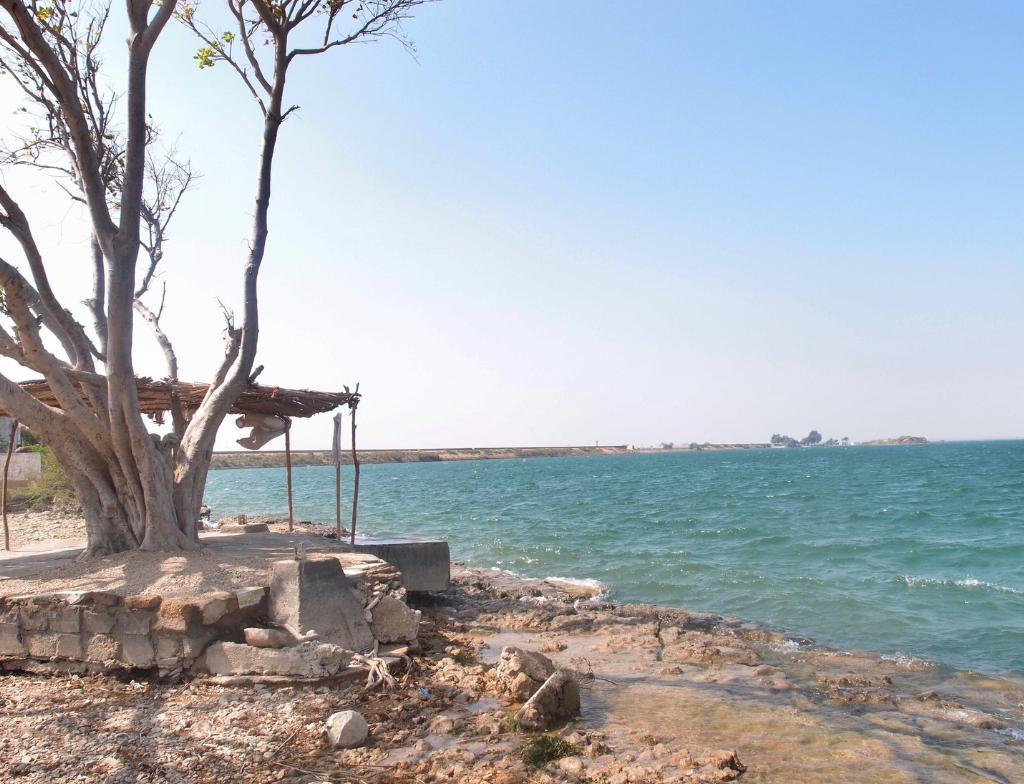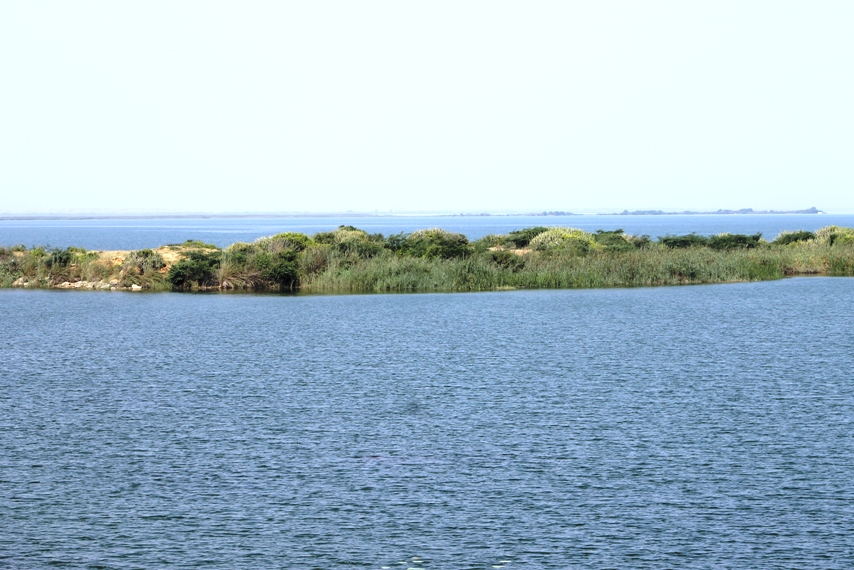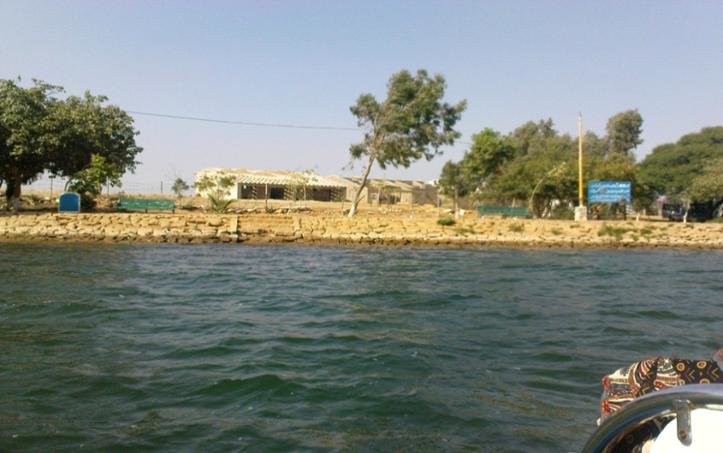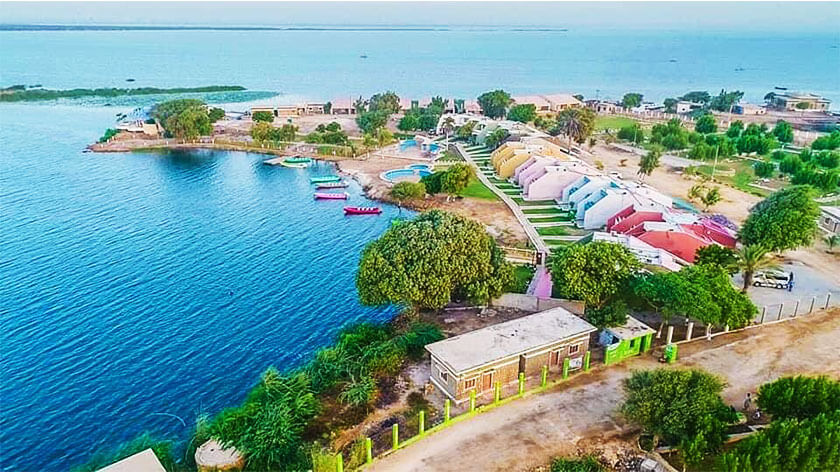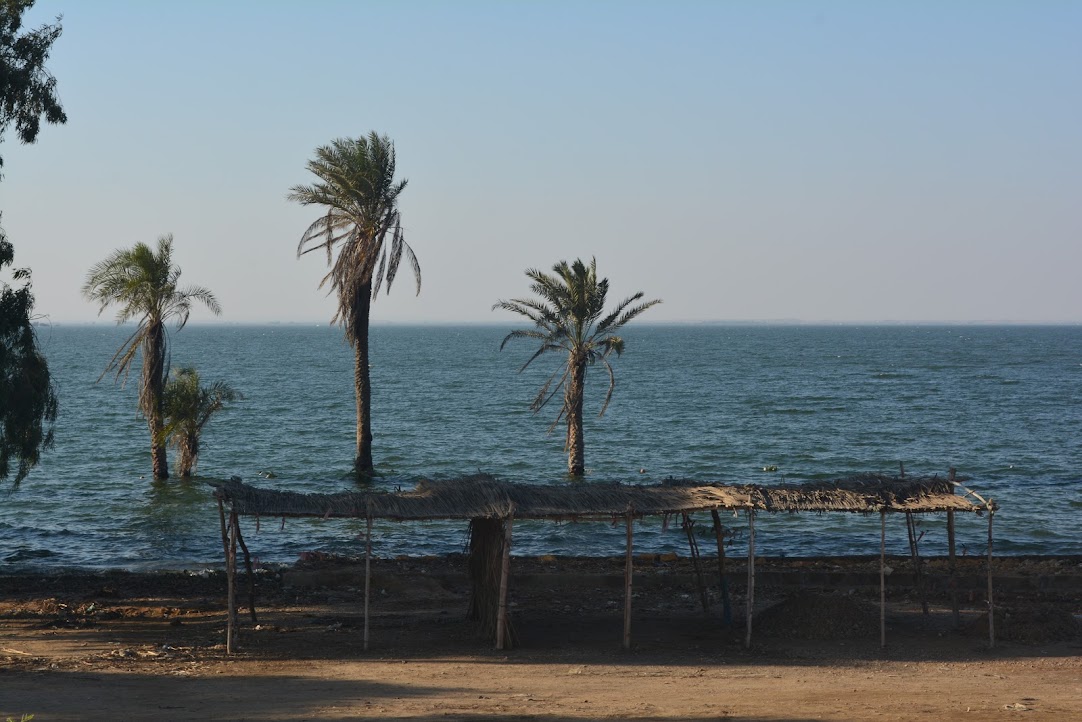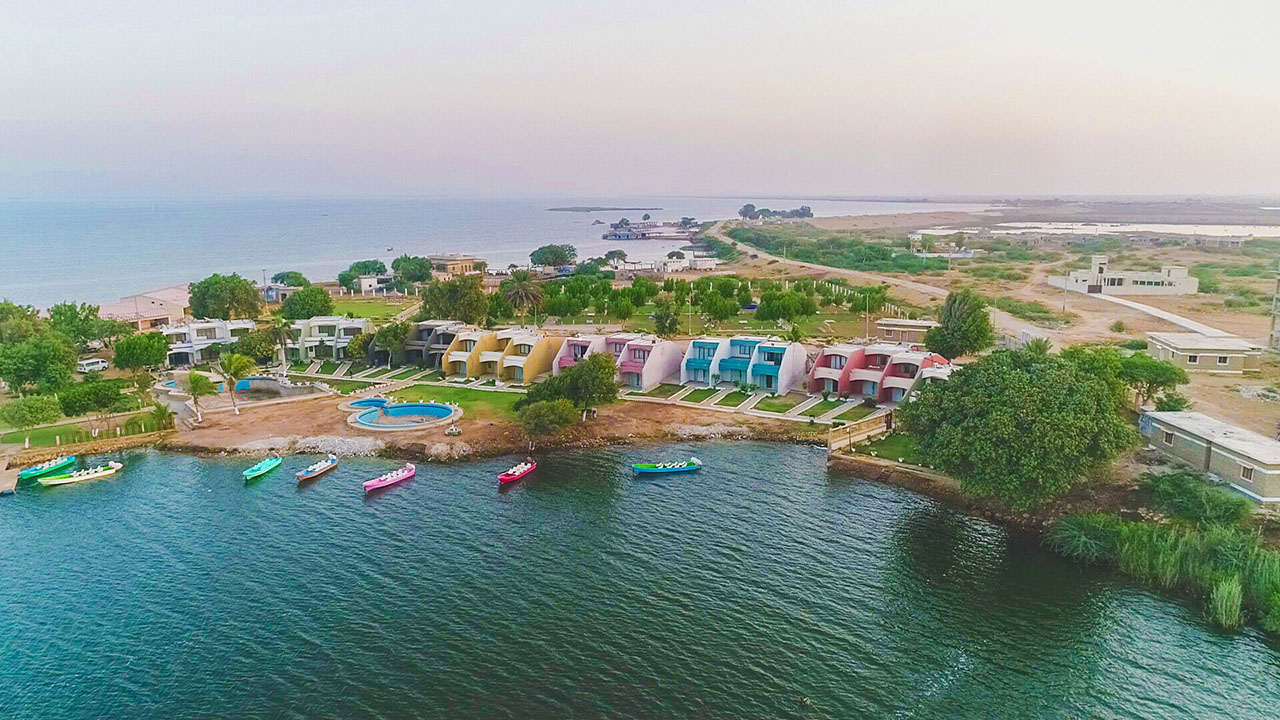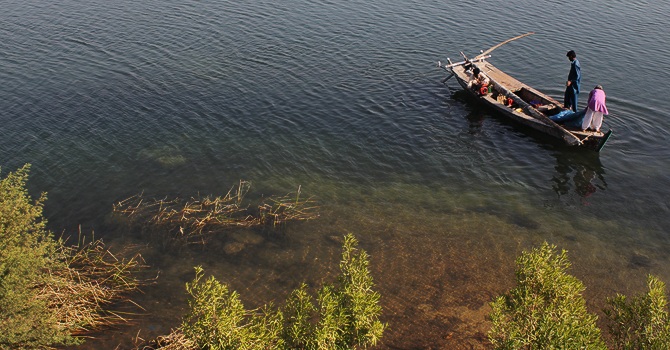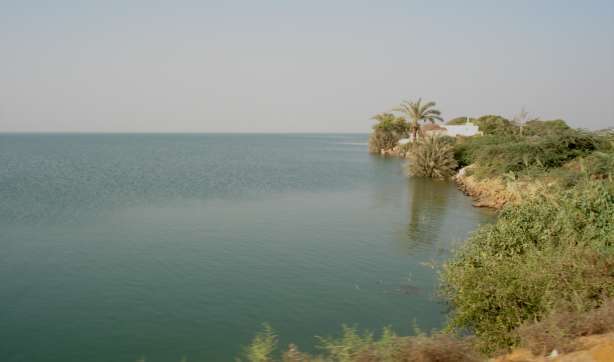
About the Keenjhar Lake
A Natural Jewel of Sindh, Pakistan
Nestled in the Thatta District of Sindh, Pakistan, Keenjhar Lake—also known as Kalri Lake—is a captivating freshwater reservoir and one of the most important ecological and recreational assets in the region. Approximately 122 kilometers from Karachi, the lake spans an area of around 134 square kilometers, making it one of Pakistan's largest freshwater lakes. Beyond its sheer size, Keenjhar Lake holds cultural, historical, environmental, and economic significance, drawing thousands of visitors annually and playing a crucial role in the lives of local communities.
Geographic and Ecological Overview
Keenjhar Lake lies between the towns of Thatta and Hyderabad, surrounded by arid plains and low hills. The lake was formed by the merging of two natural lakes—Sonehri and Keenjhar—during the construction of a dam in the mid-20th century, with the primary aim of supplying water to Karachi. Today, it serves as a major source of drinking water for Karachi and other parts of Sindh, underlining its strategic importance to the region’s infrastructure.
Ecologically, Keenjhar Lake supports a rich variety of flora and fauna. The lake is a haven for migratory birds, including flamingos, pelicans, herons, ducks, and other waterfowl that travel from as far as Siberia during the winter. The surrounding wetlands also support aquatic plants and fish species, making it an important site for biodiversity. In recognition of its ecological value, Keenjhar Lake is protected under the Ramsar Convention, an international treaty for the conservation and sustainable use of wetlands.
Cultural and Historical Significance
Keenjhar Lake is not just a scenic landscape but a site deeply woven into the folklore and history of Sindh. One of the most famous legends associated with the lake is that of Noori Jam Tamachi, a romantic folktale immortalized in the poetry of Shah Abdul Latif Bhittai, one of Sindh’s most revered Sufi poets. According to legend, Noori was a fisherwoman who captured the heart of Prince Jam Tamachi. Their love story is celebrated as a symbol of equality and humility, with Noori's tomb believed to lie in the middle of the lake. Pilgrims often visit the site, reinforcing the lake’s spiritual and cultural relevance.
Throughout history, the lake and its surroundings have served as vital locations for ancient trade and settlement. The nearby city of Thatta was once a major center of Islamic culture and learning in South Asia, and the region as a whole bears witness to Sindh’s rich historical legacy.
Economic and Social Impact
Keenjhar Lake plays a significant role in the local economy, particularly in the fields of agriculture, fishing, and tourism. For many villages surrounding the lake, fishing is a primary livelihood. The lake's waters are rich in various fish species, including mullet, carp, and catfish. Fishermen use traditional boats and nets, and the fish are sold in regional markets, contributing to food security and income generation.
Agriculture also benefits from the lake, as its water is used for irrigation in nearby farmlands. This has enabled communities to cultivate crops even in the arid conditions typical of the region, making Keenjhar a life-sustaining resource.
Tourism is another growing industry linked to Keenjhar Lake. Families and tourists from Karachi and other cities often visit the lake for picnics, boat rides, and to escape the urban hustle. Guest houses, roadside eateries, and recreational facilities have sprung up to cater to this demand. Activities such as swimming, boating, and birdwatching are popular, especially during weekends and holidays. However, despite its popularity, the lake still retains a tranquil charm, with its expansive waters and natural surroundings offering a peaceful retreat.
Environmental Challenges
Despite its importance, Keenjhar Lake faces several environmental challenges. Pollution is a major concern, caused by the dumping of solid waste, untreated sewage, and agricultural runoff into the lake. These pollutants threaten the lake's delicate ecosystem, endangering aquatic life and reducing water quality.
Overfishing is another issue that could deplete the lake's fish populations if not managed properly. Unregulated fishing practices and lack of enforcement of conservation laws put pressure on the lake’s biodiversity.
Additionally, the lake suffers from fluctuating water levels, influenced by climate change and inconsistent rainfall. During dry seasons, the water level drops, affecting both aquatic habitats and the availability of water for human use.
To address these challenges, environmentalists and local authorities have called for stricter conservation measures, better waste management, and public awareness campaigns to protect the lake for future generations.
Government and Community Efforts
Recognizing its importance, both the government and local communities have taken steps to protect Keenjhar Lake. Conservation programs have been initiated to preserve its ecological balance, including afforestation around the lake and bird protection initiatives. Awareness campaigns are often conducted to educate visitors about the importance of keeping the lake clean and respecting local customs and wildlife.
Infrastructure developments, such as the improvement of roads and the construction of facilities for tourists, have made the lake more accessible. However, sustainable development remains key. Authorities must balance the need for tourism and economic growth with the lake’s ecological preservation.
Community participation has also played a crucial role in lake conservation. Fishermen, farmers, and local leaders often collaborate on initiatives to manage resources wisely. Their intimate knowledge of the land and its needs is vital in forming policies that are both practical and effective.
A Destination Worth Preserving
Keenjhar Lake stands as a symbol of nature’s bounty and cultural depth. It connects people through history, folklore, livelihood, and the sheer beauty of its landscape. Whether one visits to admire the shimmering waters, listen to tales of Noori Jam Tamachi, or simply enjoy a moment of peace, Keenjhar leaves a lasting impression.
But this natural wonder is also vulnerable. Its future depends on how well we can manage its resources, protect its ecosystem, and educate the public about its significance. By fostering a sense of shared responsibility, Keenjhar Lake can continue to nourish, inspire, and enchant generations to come.
Would you like a version of this article optimized for a travel blog or tourism brochure?
Address: X22P+X8 Jhampir, Pakistan
